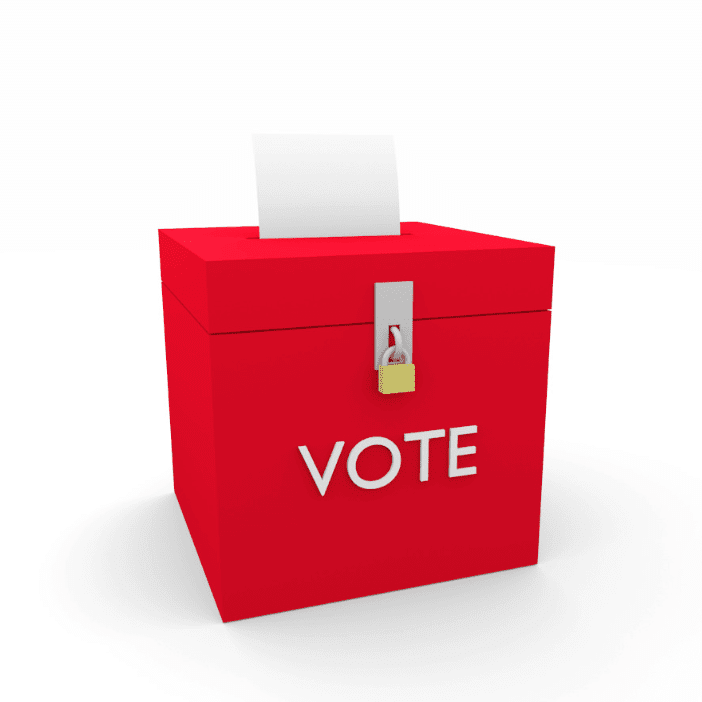A fad is beginning to form in Canadian politics. Suddenly it's trendy to want to give adolescents the vote.
The fashionable policy proposal began getting traction in the beginning of March, when Ontario Liberal MPP Arthur Potts put forward a new private member's bill that would lower the voting age to a callow 16. Adults at the Ontario legislature table won't get a chance to cool-headedly discuss the bill before the imminent provincial election, and it's unlikely the Ontario Liberals will get another clear mandate to consider approving it thereafter. But just when it looked like the whimsical idea would fade from the public consciousness, B.C. Green Party Leader Andrew Weaver followed Potts' lead, putting forth his own bill to lower the voting age in that province. B.C. Premier John Horgan seems receptive to Weaver's advocacy for teenagers to get the right to vote. And just this past week, in an alarming trend of bureaucrats becoming politically vocal, a supposedly non-partisan civil servant from Elections Canada has jumped on the bandwagon.
With slumping popularity, it might only be a matter of time before our selfie-taking, "cool" Prime Minister and Youth Minister Justin Trudeau joins the party.
But before everyone drinks the spiked punch, sober second thought — not à la "independent" senators — is in order. More often than not, cool ideas under scrutiny turn out to be pretty silly.
It's a truism that most adults think, in hindsight, they were pretty immature and ignorant of the world when they were in high school. It's just a fact of life that as we grow up we learn through experience — hopefully attaining wisdom along the way.
So why should 16 and 17-year-olds — with their minds and bodies still developing — lacking in real-life experience be handed the responsibility of helping decide our collective fate?
Well, there are a few juvenile reasons given from adults pushing this agenda on the teenagers' behalf.
Weaver and Potts both argue that getting people involved in the voting process at a younger age could increase voter turnout. They cite studies showing that if individuals vote in their first election they're eligible, they're more likely to become lifetime voters. The major catch with that argument is there's no evidence whether or not 16 and 17-year-olds are going to be any more eager to vote than someone who is 18, or 21 for that matter.
It's also nonsense to argue higher voter turnout is intrinsically good for democracy. Just because an election has a high turnout doesn't mean it involved an informed citizenry that made good choices at the ballot box. Many Canadians don't follow political news and opt out of voting. Let them. It's better to let ill-informed people not vote than affect the result. In the case of allowing 16 and 17-year-olds the right to vote, that whole group by and large would be ill-equipped and inexperienced voting bloc. Scientific studies repeatedly show teenagers and young adults make poorer decisions on average than adults because the frontal lobe — the part of the brain where decision-making, impulse control and consequential thinking take place — doesn't become fully developed until some time around 24 years of age. This is the reason this age group is impressionable and susceptible to peer pressure. Do we really want politicians exploiting them? If anything, when considering frontal lobe development, the voting age may already be too low.
Weaver also argues "it's important to engage youth in our democracy precisely at a time when they are learning about it in schools." This is already happening.
High schools and universities typically elect a school president. Some high schools hold mock elections and/or have debate clubs. Polling stations are put on university campuses. To have many teenagers still in high school voting runs the risk of politicizing high schools. Voting should be treated like driving — full privileges gradually given through a series of stages, albeit voting a right once eligible, driving a privilege.
Potts and Weaver also argue that other countries like Brazil, Austria and Scotland have all lowered their voting age to 16. Are these countries suddenly the cool kids on the global playground? Canada shouldn't necessarily follow the crowd just because it's in vogue.
Potts and Weaver also contend that lowering the voting age will allow young people to get politicians to cater to their wants. But, recalling what teenagers want, do we really want politicians catering to them?
Pathetically, in Ontario there is only a half-credit civics course requirement in high school and in B.C. civics is optional. Neither Potts nor Weaver's bill addresses this lack of civics education in their respective public education systems. Perhaps politicians should instead focus on advocating for more civics education in high school, like paying taxes, managing personal finances, understanding government debt and knowing how the different tiers of government operate — all things many young Canadians are largely ignorant of because they weren't taught them in school, left to figure them on their own as an adult.
Of course people of all ages do stupid things, but 16-year-olds are still susceptible to taking up the Tide Pod challenge, imitating the cast of Jackass and watching infamous YouTube vlogger Logan Paul. Current eligible voters should ask themselves why some politicians would want to lower the voting age to include this demographic. Are these politicians interested in increasing informed civic engagement or harvesting a new batch of green voters?
Written by Graeme C. Gordon






